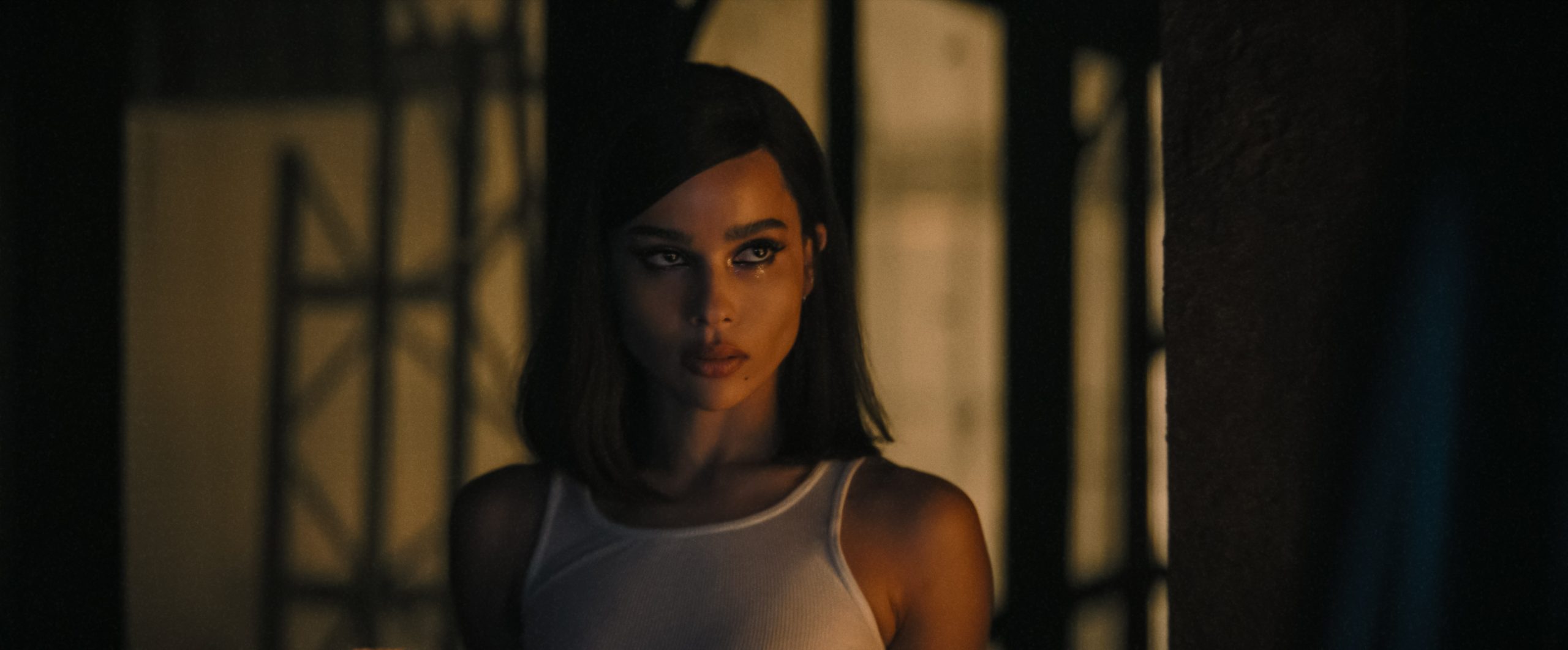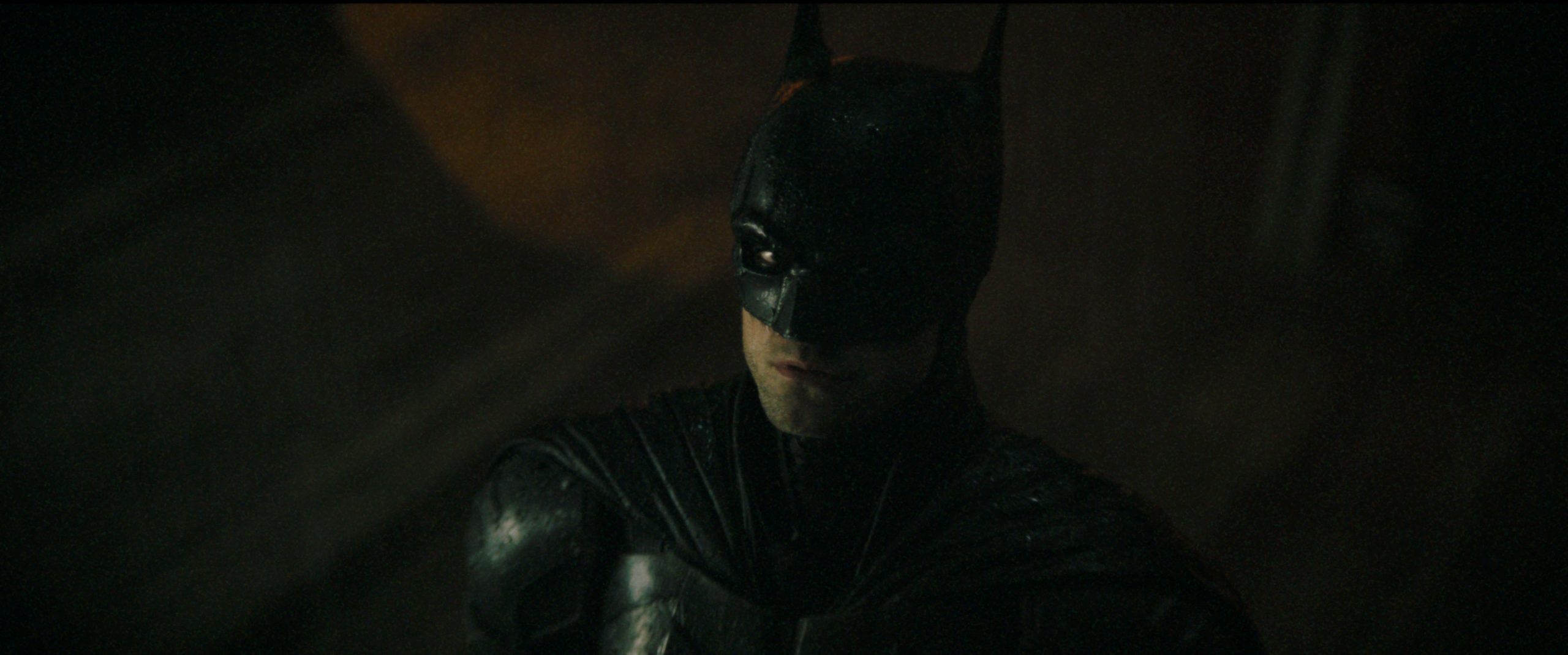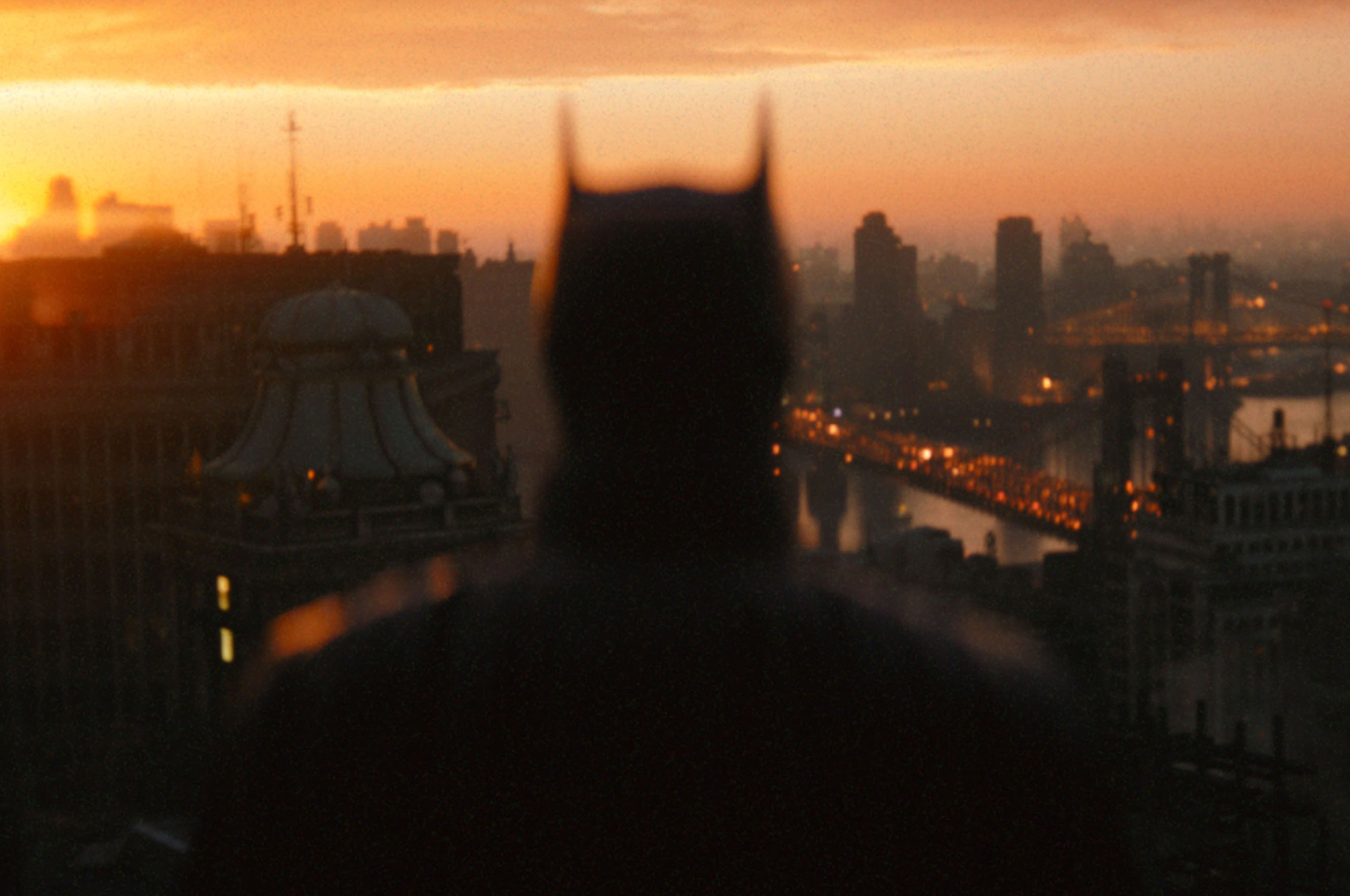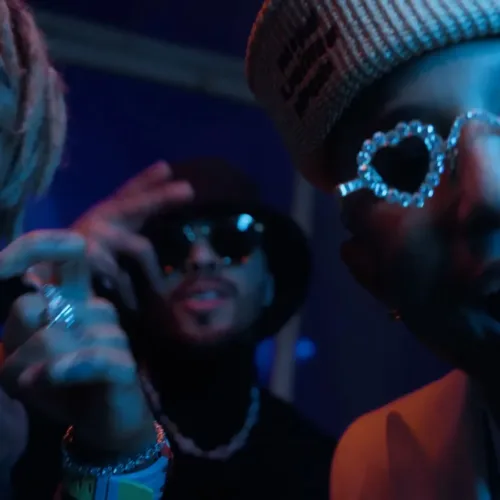Through the last half-decade of superhero filmmaking, the reliable formula that made the initial MCU films so wildly successful has given way to an insatiable appetite for superheroes in a wide variety of genres – comedy, horror, western, or otherwise. The key takeaway is that superhero movies are gritty now. This marked shift in attitude can be traced back to 2014 when fans embraced Marvel’s “Captain America: The Winter Soldier” as a political thriller in the vein of 1976’s “All the President’s Men” or 1973’s “The Day of the Jackal.” While the comparisons weren’t without merit, they didn’t accurately reflect the movie itself. Instead, Marvel fans insisted that “The Winter Soldier” was a complex conspiracy film and signaled a change in the audience, who demanded that the characters of their youth grow up and help them cope with the growing uncertainties of the modern world.
The same kids who grew up on “Iron Man” and its sequels in the early 2010s are adults now. They watch movies made for adults and want their superhero movies to reflect that. It was no longer enough for “The Wolverine” to gesture towards emotional turmoil – this audience needed it full-stop. We got it in “Logan,” the 2017 quasi-western from director James Mangold, that gave audiences the bloody, foul-mouthed, R-rated sendoff the titular character had deserved since his introduction nearly 20 years prior. The same was true of the divisive 2019 “Joker,” which was honored with 11 Oscar nominations, including a Best Picture nod and a win for Joaquin Phoenix’s lead performance.
“The Batman,” a superhero blockbuster that seems to bemoan both of those things, is the logical next step in the evolution of the genre. First, there’s the PG-13 rating which automatically makes it more accessible than “Logan” or “Joker.” The violence is toned down considerably without sacrificing the unrelenting bleakness that separated those films from their bright and quippy counterparts. Its caliginous lighting is the stuff of nightmares, hulking shadows visible only in occasional, disorienting flashes of color and so many shots framed for maximum obscurity. “The Batman” is 176 minutes of concentrated pulp, striving for perfect harmony in the marriage between big-budget spectacle and emotionally torturous neo-noir, to mostly positive results.
Robert Pattinson stars as a younger Bruce Wayne, beginning his second year behind the mask. An opening narration showcases the brooding, nihilistic musings that made Wayne a compelling character on the page while Pattinson delivers the character’s trademark growl, equal parts rage and apathy. Gotham City’s mayor is killed during a brutal home invasion on one fateful Halloween night, in a sequence reminiscent of Alan Pakula’s killer thriller “Klute” from 1971. The culprit is a murderous psychopath who calls himself The Riddler, played by Paul Dano in a role that’s suspiciously similar to the one he played in 2013’s kidnapping thriller “Prisoners.” As his calling card, The Riddler leaves Zodiac-esque ciphers at each of his crime scenes and personalized notes with the same greeting: “To The Batman.”
The Riddler fancies himself a reckoner, one who has emerged from the shadows to reveal the truth about Gotham’s corrupt city officials and to show the people how deep the city’s swamp goes. To stop him, Batman crosses paths with some of the city’s most unseemly characters: reclusive mob boss Carmine Falcone (John Turturro), cunning cat burglar Selina Kyle (Zoë Kravitz), and disfigured nightclub proprietor Oswald “The Penguin” Cobblepot, played by an unrecognizable Colin Farrell under unsettling globs of prosthetic.

Zoë Kravitz as Selina Kyle in Warner Bros. Pictures’ action adventure “THE BATMAN,” a Warner Bros. Pictures release.Courtesy of Warner Bros. Pictures/ ™ & © DC Comics.
The ensuing war between The Riddler, Gotham’s criminal factions, and the handful of incorruptibles left to fight them is a battle over right and wrong, a search for the moral center in a place where immorality reigns. The Batman villains of the Snyderverse or Nolanverse are otherworldly agents of chaos looking to shake up the system. The characters in Matt Reeves’ version, including Bats himself, are entirely products of that system. Moreover, with its apparent nods to the serial killer genre, “The Batman” gives a whole new meaning to the chilling notion that the call is coming from inside the house.
When it tires of wading through the moral ambiguity, the movie takes some lengthy detours inside the political machinations that keep Gotham’s wheels spinning. Against the backdrop of a mayoral election and Riddler’s murderous preoccupation with corruption, the film turns politically ideological. “The Batman” sometimes wrestles with the notion that Bruce Wayne’s billions would’ve been better spent on social programs that serve the city while confronting his childhood trauma so that it doesn’t involve a mask and cape.

Robert Pattinson as Batman in Warner Bros. Pictures’ action adventure “THE BATMAN,” a Warner Bros. Pictures release.Courtesy of Warner Bros. Pictures/ ™ & © DC Comics.
These elements — corruption, civic duty, trauma — could have elevated “The Batman” to the plateau of high art, yet they are gestural for the most part. Much like the artistic influences it wears on its sleeve, the depths of the film’s political ambitions are paper-thin, offering the appearance of considered reflection without a moral stance. This wouldn’t be as much of a distraction if “The Batman” wasn’t so intent on making politics such a core tenet of its own identity. But none of these tangents are even as fractionally resonant as director Christopher Nolan’s invocation of Patriot Act paranoia in “The Dark Knight” or the even less-convincing Occupy Wall Street parallels in its sequel “The Dark Knight Rises.”
Still, “The Batman” is capable of propelling itself with brute force. It pummels through its three-hour runtime with a capable director at its helm, a commanding performance from its star, and a well-cultivated moodiness that marks this iteration as the one most reflective iterations of this franchise. “The Batman” feels like a feature-length extension of the scene in Zack Snyder’s critically reviled “Batman v. Superman: Dawn of Justice” that was universally loved by Batman fans. The successes and failures of its more experimental elements won’t do much to deter the mainstay supporters. The most recent film iteration is classic Batman, through and through. Anybody who loves this character won’t be able to deny themselves what Reeves and company are offering.
A slew of top-notch supporting characters and atmospheric direction from Matt Reeves transform “The Batman” into a must-see, even when it can be thematically inconsistent.









